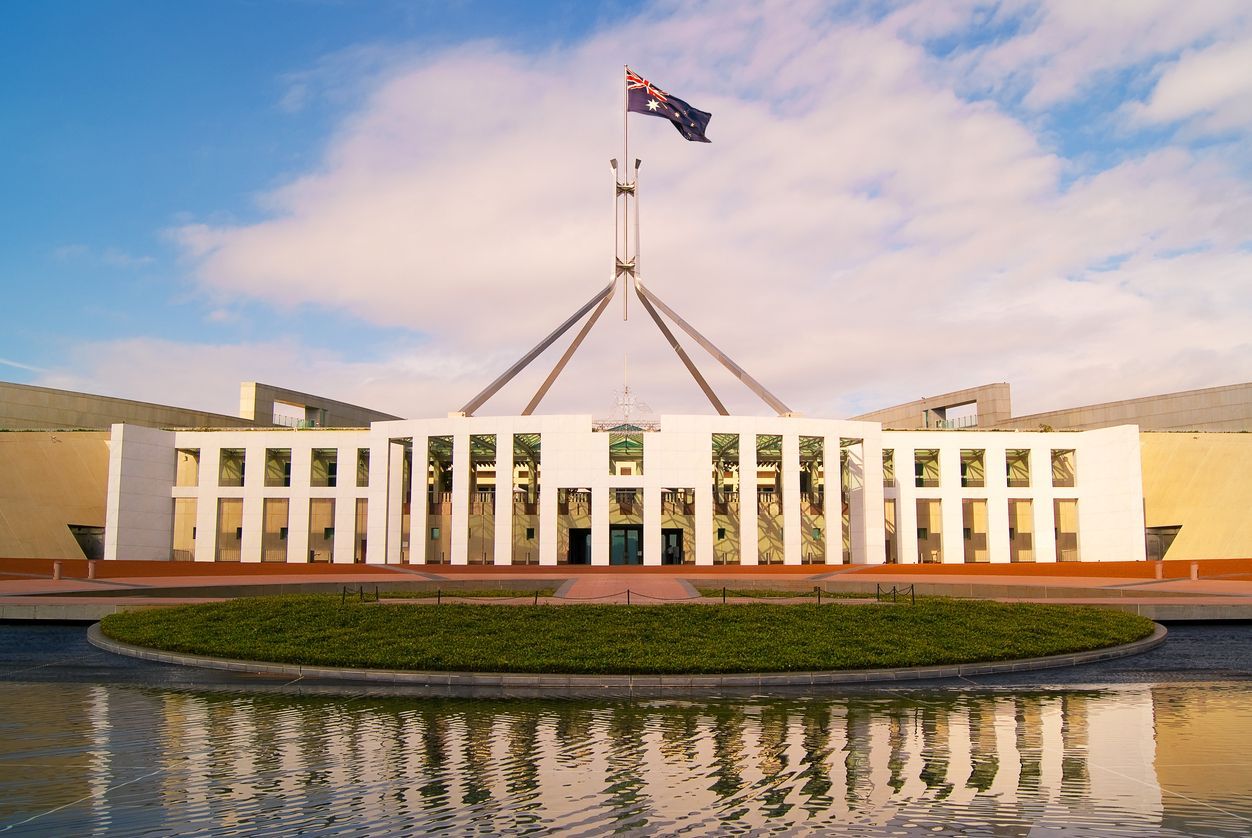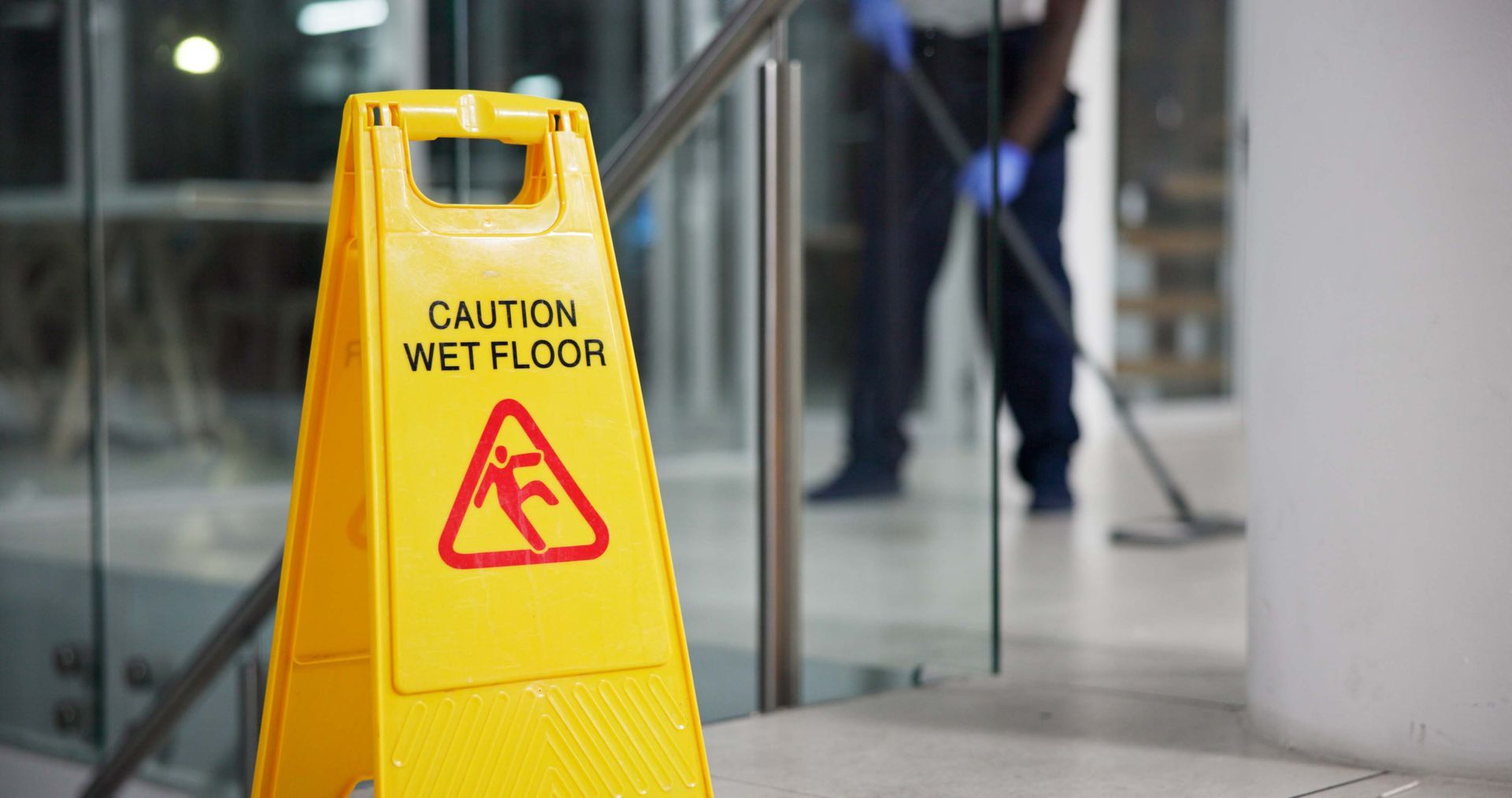“She’ll be right, mate.”
It’s a phrase you’ve likely said or heard many times. This very ‘Australian’ saying conveys our laid back culture and sense of optimism. But there’s a darker side to this: avoidance.
We need to reframe how men (and society as a whole) think of depression and anxiety. Currently it sits as an ‘unthinkable’, ‘woolly’ area that is too often ‘best ignored’.
Men’s Help Seeking Behaviour, Beyond Blue 2012
“Don’t worry about it.”
“Don’t think about it.”
And most of all, “Let’s not make a big deal out of it.”
Men (Australian men, in particular) have been refusing to make a big deal out of it for too long. It’s time we realised that sometimes it is a big deal, and sometimes it won’t be right.
It is mental illness and the undeniable reality that men suffer mental health issues. Sadly, men often suffer mental health issues in silence, scared and conditioned by traditional and colloquial expectations of the ‘Aussie male’.
This needs to change.
Men are at the greatest risk of suicide but least likely to seek help.
Facts and Figures About Mental Health, Black Dog Institute
We are continuously bombarded by public health campaigns surrounding speeding, drink driving, smoking, and even junk food… but mental health or suicide? It barely gets a mention.
Each year, one in every five Australians aged 16-85 experiences a mental illness. It’s almost guaranteed that you or someone close to you will suffer a mental illness in your lifetime. Mental illness doesn’t discriminate; men, women, young, old – anyone can be affected, at any time. Most of us will know of someone who has committed suicide. Yet we stay silent.
Men’s Mental Health: Let’s Break the Silence
Men are less likely than women to seek help for a mental health issue. Worse, the majority of men dealing with mental health issues like depression don’t even talk about it with their mates or families, let alone seek medical assistance. Traditional male stereotypes don’t allow for weakness, preferring to dismiss the challenges associated with family, career, etc. with a flippant and offhand comment: “She’ll be right.”
Many young men will experience some form of mental ill-health but proportionally few of them will access mental health services or receive appropriate treatment. Notions of masculinity and social pressures exerted by traditional masculine norms can contribute to experiences of mental ill-health and reluctance to seek help.
Keeping It Real: Re-imagining Mental Health Care For All Young Men, Orygen, The National Center of Excellence in Youth Mental Health 2017
I was fortunate. My wife dragged me off to our GP and put me in a safe environment to discuss my mental health.
I was consciously aware that something had to give, that my ability to switch off was impaired, and that my fight or flight response was basically always in gear. I also knew that positive changes made to my diet, alcohol consumption, exercise regime and sleep patterns were not having the positive impact that they previously had. An intervention was required, and that’s what I received.
Stereotypes paint men as the saviours, not the saved. But the reality is, we all need help and we can all be helpers. So how can we do it?
The first step is bringing the issue out into the open. Let’s start talking about it.
Let’s all commit that we’ll no longer ignore the problem. Let’s all acknowledge that mental health is just as important as physical health. When we feel physically unwell, we might wait a few days before we seek medical assistance, but we pay attention to our illness. We listen to our bodies and we acknowledge that something’s not right. We prioritise out physical health. There is no good reason why we should treat our mental health any other way.
One of the biggest barriers to addressing mental health issues in the workplace is the fear – fear of your mates thinking that you are weak, fear of telling your boss, fear of being perceived as not being up to the task. Perhaps even fear of losing your job.
Admitting mental health issues is confronting personally and, for some, amounts to admitting to not being the full man they like to see themselves as being or want to be.
Men’s Help Seeking Behaviour, Beyond Blue 2012
It is one of our roles as leaders to make mental health part of the conversation at work and tackle that stigma and fear head on. It’s our job as leaders to start the conversation and make it safe to talk about it openly.
So, to get the ball rolling, I’m Gary. In hindsight, my mental health hadn’t been great for nearly 10 years. Following my wife’s ‘intervention’, I attended a couple of counselling sessions, and while I continue to make changes to my diet, alcohol consumption, exercise regime and sleep patterns, I now talk more openly about how I’m feeling. Medication initially helped me switch off and find a healthier balance. My wife knew to intervene because she had faced her own mental health challenges in the past. Together we have also helped one of our children manage anxiety born from bullying at school.
Whether in our professional or personal lives, it is our role to make mental health a priority.
‘All of Me’: Bringing Mental Health to the Forefront
Chandler Macleod Group has been shortlisted as a 2018 finalist in the Recruitment, Consulting and Staffing Association’s (RSCA) Awards in the area of safety and risk management for their proactive adoption of an online employee mental health platform ‘All of Me’ and collaboration with Tap into Safety and Edith Cowan University to provide results and analysis of the All of Me mental health application.
This research found female respondents showed a higher level of agreement that All of Me increased their motivation to address mental health issues and to seek further help if required.
Chandler Macleod’s OHS Manager, Quentin Hearn, observes that this statistic, “Appears to support a general view that males find it more difficult to address mental health issues when compared to females.”
Together with Tap into Safety and All of Me, we want to break the silence on men’s mental health and encourage males to feel comfortable discussing their mental health and to seek help when required.
To learn more about how the All of Me mental health application can help your business take a proactive approach to employee mental health and wellbeing, contact Chandler Macleod today.
Read the other articles in our series on mental health:
Psychological Wellbeing: Resilience and Stress
Psychological Wellbeing: Suicidal Thoughts and Self-Harm
Psychological Wellbeing: Closing the Gap
Written by Gary Whittaker – General Manager – Staffing Services WA & Sam Willett – Manager – People and Culture, Chandler Macleod Group
Liked this blog? Share it with your network:




















